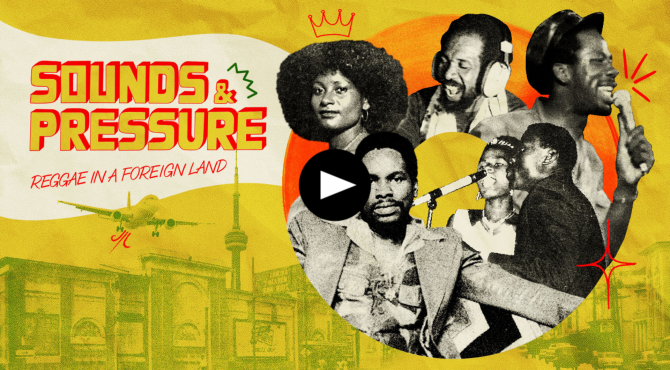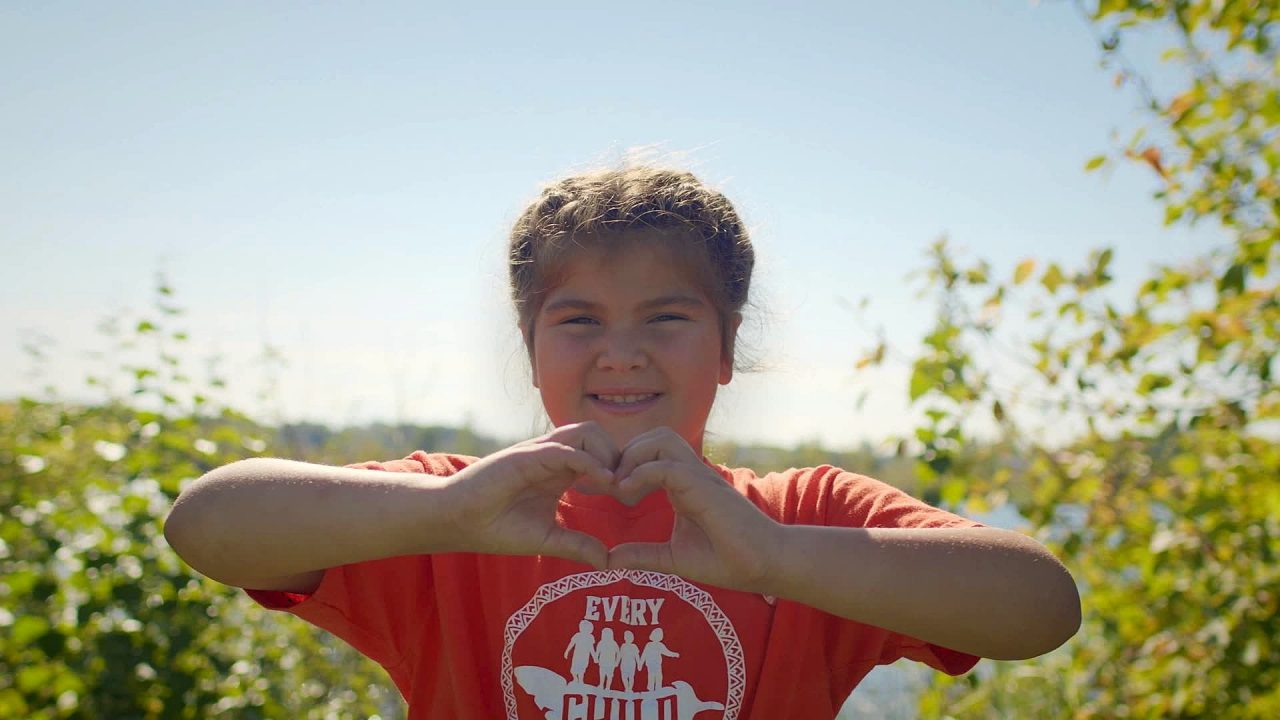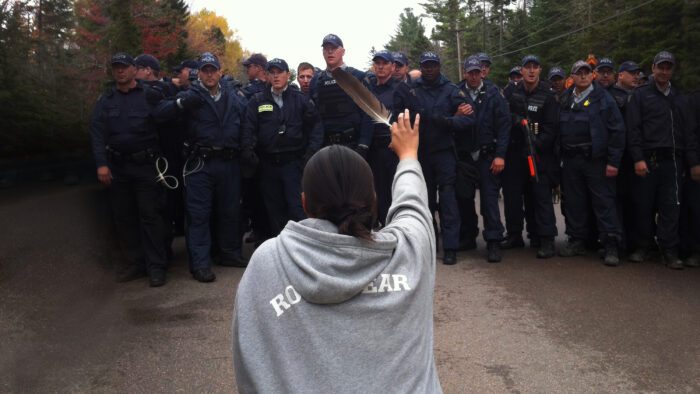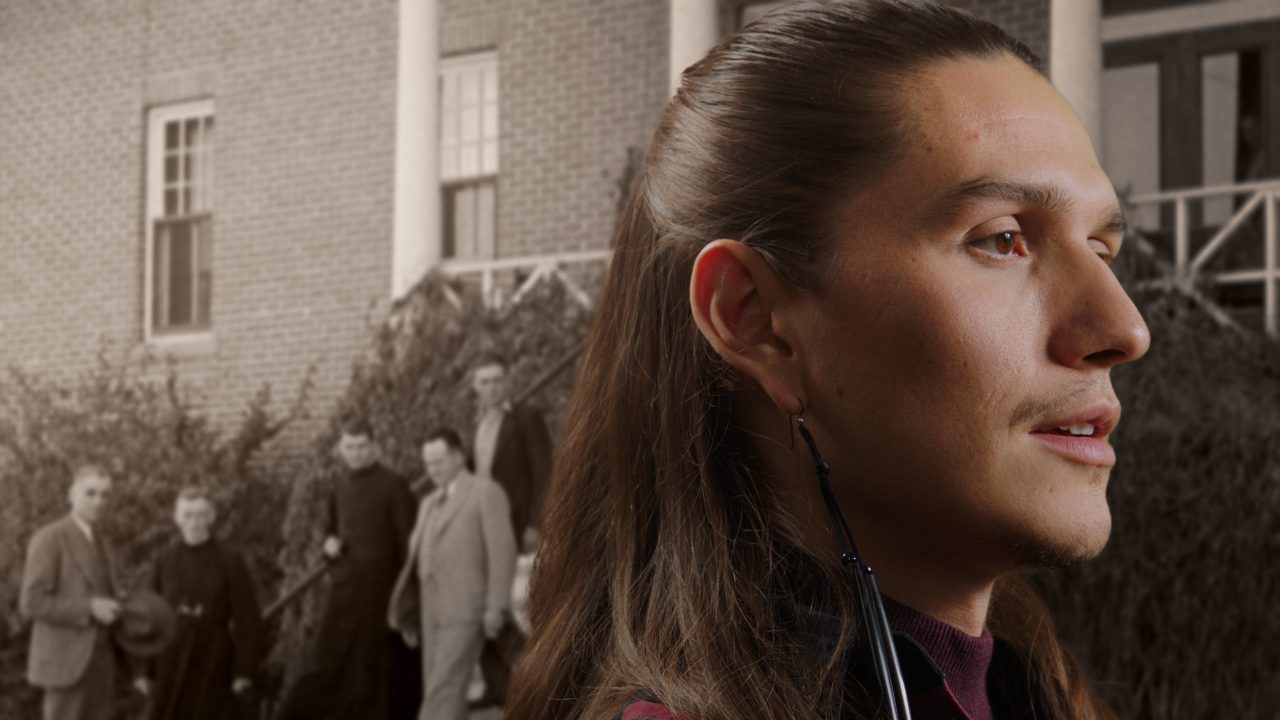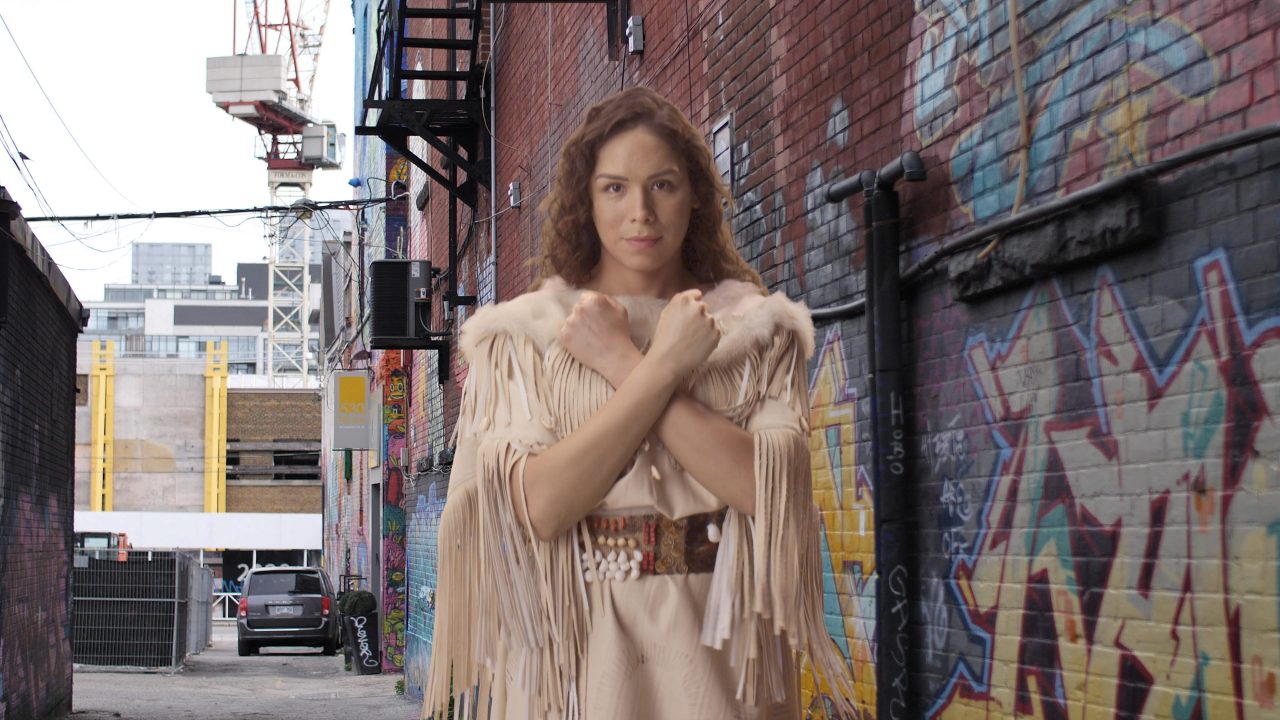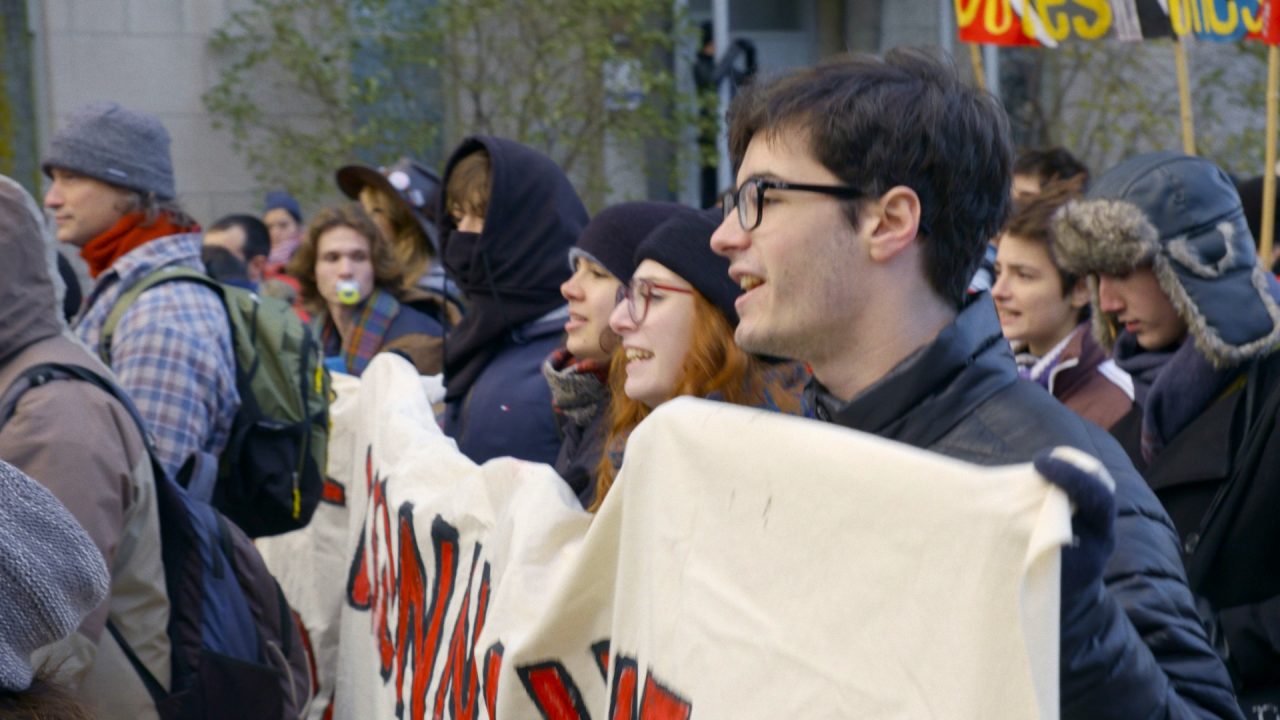
Back to School: Powerful Films for Post-Secondary Learning
Back to School: Powerful Films for Post-Secondary Learning
As professors ease into a new academic year, it’s the perfect time to explore powerful film resources that can enrich your courses. Whether illuminating social justice issues or telling personal stories that challenge assumptions, these documentaries offer fresh perspectives to inspire and engage your students.
Films for Gender Studies
Sons, Justin Simms, provided by the National Film Board of Canada
Sons is Newfoundland-based filmmaker Justin Simms’ feature documentary about becoming a father while Trump took office in 2016, wrestling with traditional methods of raising boys and asking how we can raise better men. Sons invites students to critically engage with the intersections of capitalism and masculinity, the structures of society and gender, the evolution of approaches to parenting, and the impact of political shifts on cultural norms. Students can ask probing questions about normative assumptions around masculinity and the societal impact of absent fathers.
Parade: Queer Acts of Love & Resistance, Noam Gonick, provided by the National Film Board of Canada
Parade: Queer Acts of Love and Resistance, directed by Winnipeg-based Noam Gonick, captures pivotal moments that sparked Canada’s 2SLGBTQI+ movement. Through rarely seen archival footage and first-person accounts, audiences are transported to the frontlines of the struggle. Courses focused on gender studies and social justice movements can examine the impact of legislation, policy and protest on human rights, and the role of community knowledge; apply an intersectional lens to explore diversity within the 2SLGBTQI+ community; and make valuable links to contemporary challenges.
Films for Urban Studies, African Diaspora and Black Studies
Sounds & Pressure series , Chris Flanagan & Graeme Mathieson, provided by the National Film Board of Canada
Sounds & Pressure: Reggae in a Foreign Land, a new series directed by Graeme Mathieson and Chris Flanagan, offers rich, cross-disciplinary material that connects powerfully with gender studies, Black studies, and music/popular culture in post-secondary classrooms. Through rare archives, electrifying needle drops, and lively interviews, this five-part series chronicles the musical and geographical journeys of six incredible artists. It invites students to engage with diasporic identity, cultural resistance, feminist critique, and the politics of sound, asking questions like: What role did reggae music have in challenging structural racism in Canada? How do urban geographies shape musical subcultures? How do the stories of these musicians bring nuance to a traditional narrative of multiculturalism?
Any Other Way: The Jackie Shane Story, Michael Mabbott & Lucah Rosenberg-Lee, provided by the National Film Board of Canada
Any Other Way: The Jackie Shane Story is a powerful interdisciplinary resource with rich connections to gender studies, Black studies, and music studies. Directed by Michael Mabbott and Lucah Rosenberg-Lee, this riveting feature documentary traces the mystery of the lost R&B star who eclipsed Etta James and Little Richard: trans soul singer Jackie Shane. Students can dig into questions about normative gender roles, what it meant to be visible as a trans woman in the 1960s, how Jackie’s self-definition resisted institutional narratives of queerness, the erasure and recovery of Black-Canadian histories, and music as a tool for liberation, community, and identity formation.
King’s Court, Serville Poblete, provided by the National Film Board of Canada
Serville Poblete’s short film King’s Court offers interdisciplinary opportunities for engagement in Black studies, gender studies, and youth/urban studies. Through this documentary, students can engage with themes of Black joy, kinship, friendship, masculinity, marginalization, and resilience, and discuss questions like: How does the physical space of the basketball court become a site for transformation? How are care and vulnerability portrayed between male friends? How does the film depict the multifaceted realities of youth living in urban neighbourhoods?
Films for Decolonial Studies, Indigenous Studies, and History
WaaPaKe (Tomorrow), Jules Arita Koostachin, provided by the National Film Board of Canada
For generations, the suffering of residential school Survivors has radiated outward, impacting Indigenous families and communities. Dr. Jules Arita Koostachin’s deeply personal documentary WaaPaKe (Tomorrow) moves beyond intergenerational trauma, with an invitation to unravel the tangled threads of silence and unite in collective freedom and power. Students can consider how WaaPaKe portrays the intergenerational transmission of trauma while also suggesting pathways toward healing, freedom, and resilience. What kinds of futures does the film envision or open up? How does the film position hope, resistance, or possibility in relation to past harms? How does the notion of “tomorrow” embody both hope and uncertainty within Indigenous resurgence and decolonial possibilities?
The Stand, Chris Auchter, provided by the National Film Board of Canada
The Stand, directed by Chris Auchter, centres on the Haida Nation’s 1985 Lyell Island blockade, drawing from over a hundred hours of electrifying archival footage and providing a real-world case study of Indigenous resistance, governance, and land defence. Through this film, students can examine Indigenous resistance movements, legal traditions, sovereignty, and relationships to land, analyze the impacts of logging and development on communities, and evaluate the impact of grassroots activism on national and international policy change.
Films for Psychology, Sociology, and Social Work
A Mother Apart, Laurie Townshend, provided by the National Film Board of Canada
A Mother Apart, a feature-length documentary directed by Laurie Townshend, follows Jamaican-American poet and activist Staceyann Chin on an intimate journey across continents to find the mother who abandoned her, confronting the generational scars of neglect and reclaiming her own story. Psychology and sociology students can make links between this story and attachment theory, trauma recovery, identity development, and motherhood in a cultural context. Social work students will connect the film to family systems theory, child welfare, and cross-cultural perspectives on caregiving and healing.
Saturday, Jessica Hall, provided by the National Film Board of Canada
Saturday, a short film by Whitehorse-based Jessica Hall, is an intimate, wonder-filled documentary that offers a nuanced portrayal of intellectual disability—centring on the autonomy, joy, and artistry of the filmmaker’s sister, Katherine. It encourages students to shift from deficit-based models to relational, strengths-based understandings of disability. With this film, students can delve into community-based approaches that support inclusion, independence, and quality of life, as well as explore culturally responsive approaches to working with individuals and families. Saturday also offers opportunities to question and critique dominant narratives around productivity, independence, and success in contemporary society.
As you head into the new semester, the team at NFB Education hopes these films will spark critical thinking, fresh perspectives, and meaningful engagement in your courses.
Discover more Educational blog posts | Watch educational films on NFB Education | Watch educational playlists on NFB Education | Subscribe to the NFB Education Newsletter
